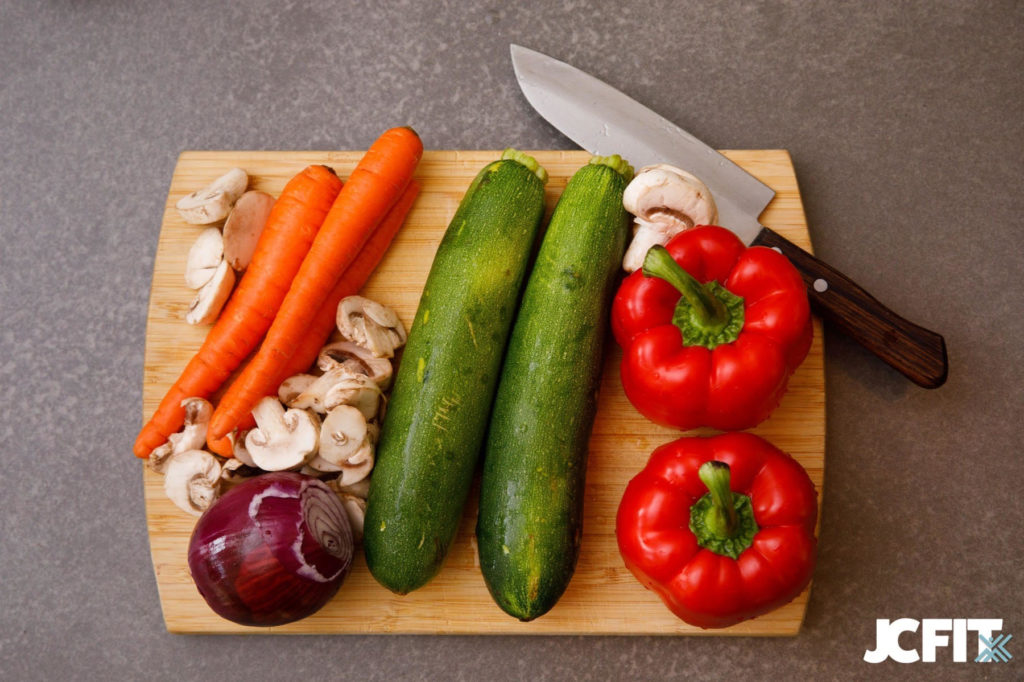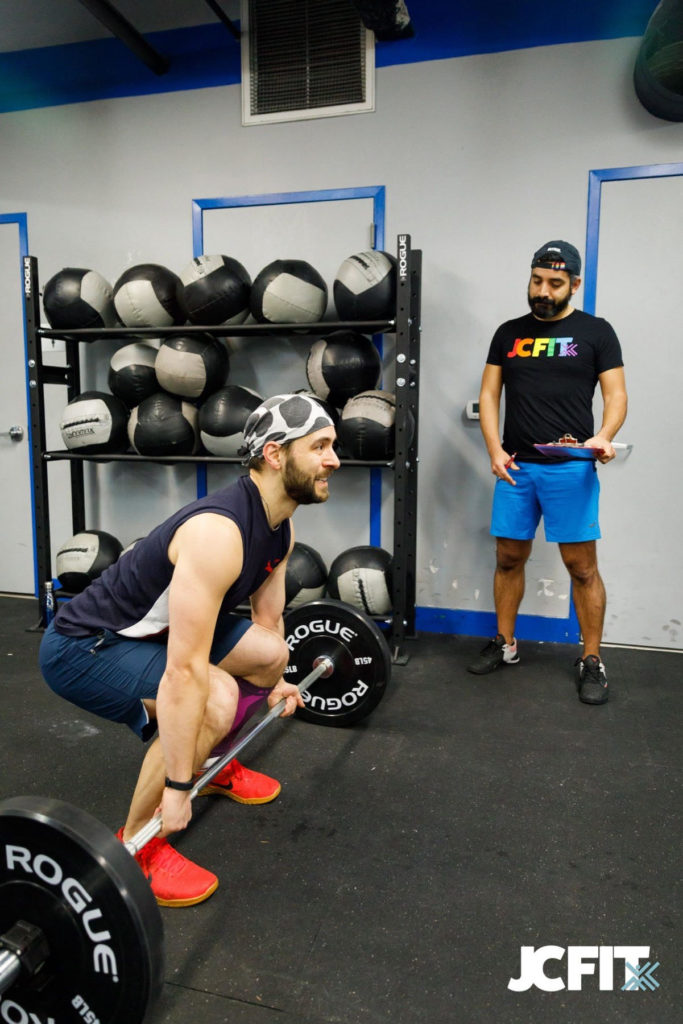Every time we step into the gym, we put in the work, right? But, what if someone told you that you may not be eating enough to gain all the benefits you can from those workouts? More importantly, what if someone told you that you may not be eating enough to fully repair and recover your muscles from the wear and tear of that exercise, or to properly fuel your body for day-to-day living and energy needs?
While daily nutrition requirements are personal, and vary from person to person, the plain fact is that nutrition plays a key role in everything from sleep to mood, to metabolism, to energy levels, and the list goes on. Individuals who incorporate exercise beyond the activities of daily living (things like running errands, your commute to work, etc) should balance that additional exercise with the nutritional requirements to support it. The takeaway: Food is fuel and we need it to perform every day, in and out of a gym setting.
Here’s A Question
When was the time you logged everything you ate for a period of time, just to see what your everyday nutrition looks like? Often, many people incorporate tracking when they are trying to lose weight and curtail an excess in eating, whether it be calories, high fat foods, etc. However, there is more to nutrition than weight loss and daily tracking, even just for a period of time to see patterns in dietary behavior, can be a helpful tool to check in on yourself and see if you are eating enough to meet your nutritional needs.

Signs You May Not Be Eating Enough
Please note that while these can all be signs that you may be undereating, these can all be symptomatic of other conditions as well. If you catch yourself experiencing one or more of these, you should visit your doctor to see what may be going on!
- You fatigue often and your energy levels are tanking
- You are tired often but you are not sleeping well
- Increase in irritability
- You’re getting injured more frequently in workouts, or sustain soreness and muscle aches for longer periods of time
- Your drive to workout (or do other activities) has gone down
- You often feel very thirsty
- You struggle to maintain high intensity training and get your heart rate up
The Effects of Undereating
The effects of undereating can vary, but they are certainly additive over time. At the end of the day, overtraining and undereating does more harm than good. For athletes, undereating causes a loss of efficiency. Chronically undereating leads your body to put its energy towards those activities it needs to prioritize (think breathing, regulating body temperature, blood pressure), it causes the body to burn fewer calories when it works out in order to conserve energy, and ultimately puts rebuilding and repairing muscle on the backburner. Over time, you ultimately begin to lose muscle mass. Large deficits in nutritional intake over time can cause changes in your metabolism as well as hormonal imbalances by reducing things like active thyroid hormone and increasing the production of stress hormones like cortisol.
When you are chronically undereating, during your workouts you may feel like you are training intensely but your power output diminishes over time. To get the full effects of your workout, you need to fuel your body.

A Note On Fueling For Exercise
Again, daily nutritional requirements are personal and vary across individuals. However, at the end of the day, we are all aiming for a little balance between the major macros – protein, carbs, and fat – and want to make sure we fit in quality portions of each of them. To fuel a workout, we need to add a little extra gas in the tank nutritionally. Some tips for fueling your workout are below:
Protein:
Consuming protein pre- and post- workout can help fuel your workouts effectively and supports muscle synthesis (a fancy schmancy way of talking about the process in which your muscles and bones heal). We wreck ourselves a little bit with the workouts that we do, and having ample amounts of protein takes that minor muscle damage and helps those muscles heal back stronger than they were before. It’s helpful to reach for a snack or meal that will add some protein to your body 1 to 4 hours pre-workout and within approximately 60 minutes post-workout.
Carbohydrates:
Eating a snack or meal with carbs before a workout enables you to start your workout with optimized glycogen levels. It’s a double win, because not only will carbs pre-workout give you energy to move efficiently, they will also help reduce muscle soreness. Fun fact: When we don’t eat enough carbs, our bodies break down protein to be used as an energy source instead. That can take away from all the important muscle-building duties protein performs. By eating enough carbohydrates throughout the day, protein is free to do its main job: repair and rebuild muscle tissue. Eating a carbohydrate source after working out helps replenish the muscle, which means that it lends an assist to recovery.
Fats:
Fats are essential for our day to day lives, and while their role isn’t necessarily as critical in pre-workout nutrition, fat helps serve as a concentrated fuel source for athletes with high energy demands. The body digests fat more slowly than carbohydrates, so it takes longer to break these macronutrients down. Therefore, before a workout, we are aiming to get a little of those quality fats in but not overload our system.
If you have questions about how much you should be eating, when you should be eating, or need a little accountability and help reaching your nutrition goals, email us at nutrition@jcfit.co to schedule a nutritional consultation and learn a little more about our nutrition programs!


